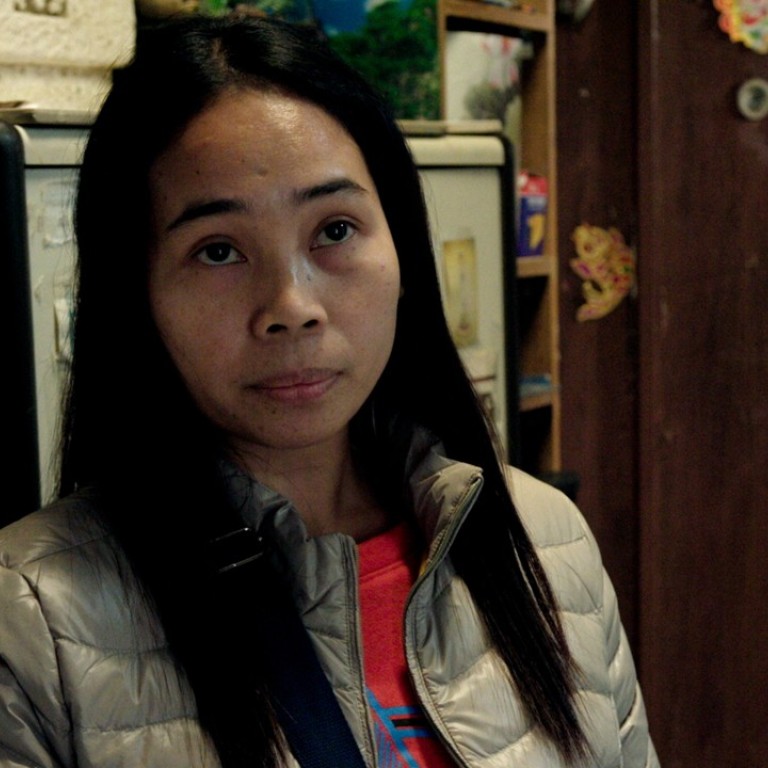
Hong Kong domestic helper stars in film about a helper’s life and struggles
Minpa Gervacio had no previous acting experience when she was picked to play the title role in Martika, the story of a Filipino helper trying to adapt to working for a Chinese family and caring for an elderly man with dementia
While the plight of domestic helpers in Hong Kong has been explored in documentaries such as The Helper and Yaya (both 2017), they are not often the subject of fictional films, much less starring in one as the lead actress. But when film director Wong Fei-pang met Minpa Gervacio, a 32-year-old domestic helper from the Philippines, everything just clicked.
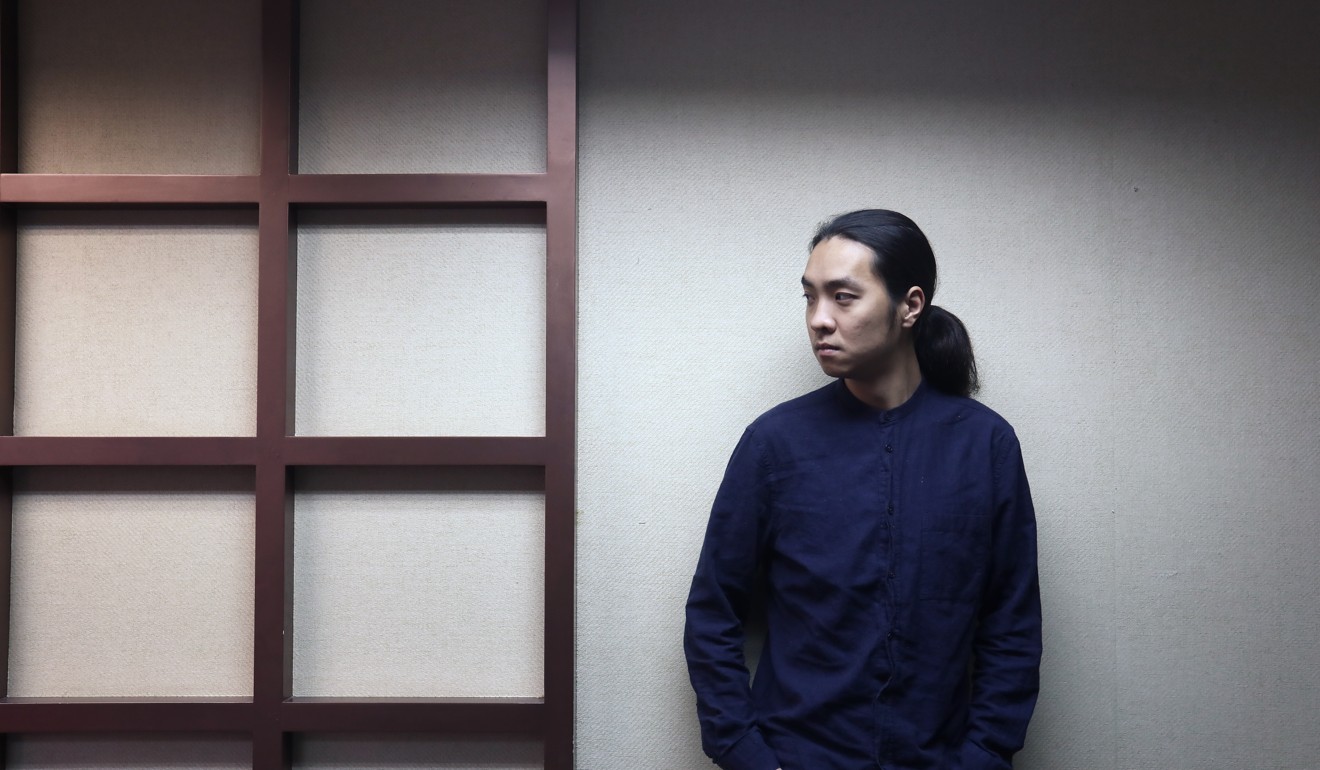
Life of a domestic helper dramatised in chamber opera for Asia Society by Hong Kong playwright
The film tells the story of Hok Lun (played by Patrick Tang Kin-wang), a social worker who struggles to care for his father (Li Ying-to), who suffers from dementia, and employs a Filipino helper, Martika (Gervacio).
“As I was writing the script, I realised it was still lacking something, though I couldn’t pinpoint what it was. You couldn’t really feel the emotions of the character,” says Wong, who auditioned several helpers before finally meeting Gervacio through a mutual friend, director Heiward Mak Hei-yan. “When we met Minpa, suddenly everything was solved. She made the character a lot more layered.”
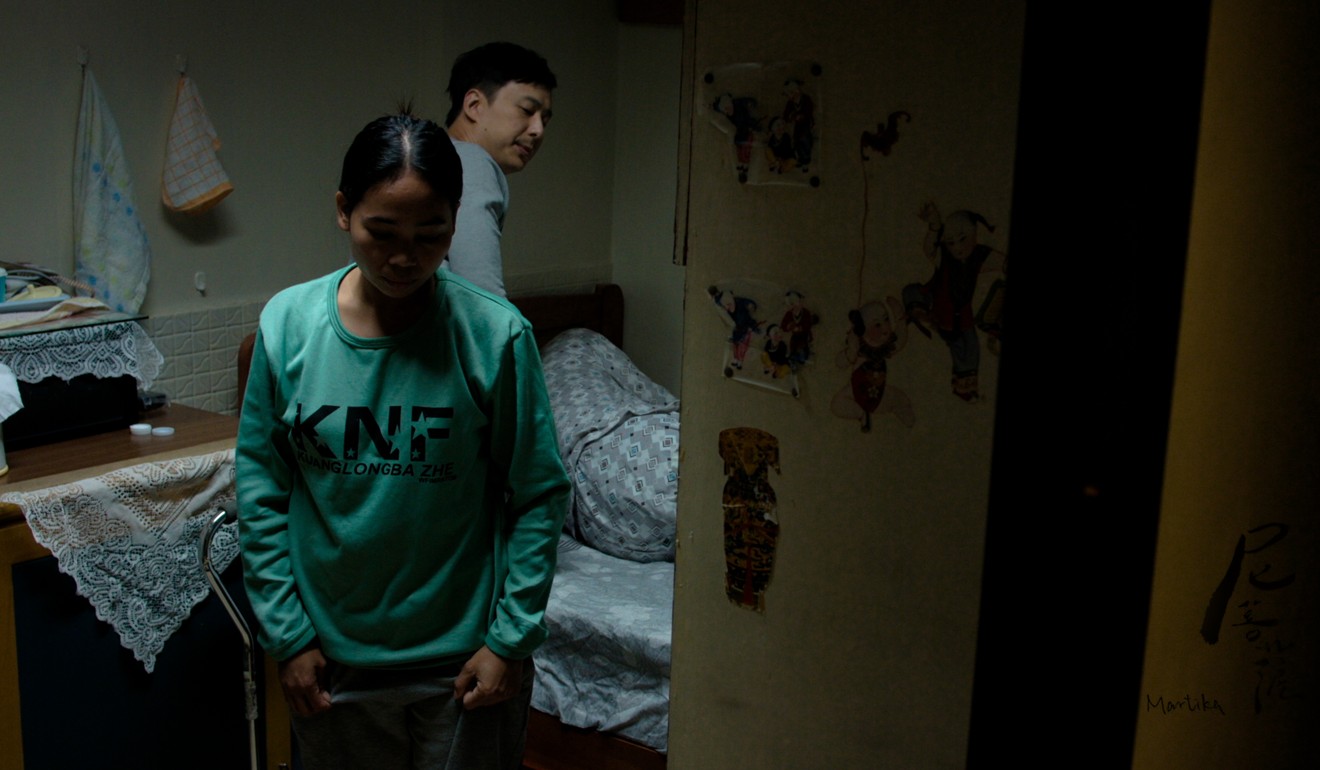
When Gervacio arrived in Hong Kong eight years ago, she worked for a family of 12, sleeping in a corner of the flat in a space no more than an arm’s length wide. She could only go to bed at midnight and needed to be up at six every morning.
She came down with chickenpox and was sent to a boarding house. But even there, other helpers, worried about becoming infected, kicked her out and left her wandering the streets of Sham Shui Po in the middle of the night, crying and dragging along her luggage.
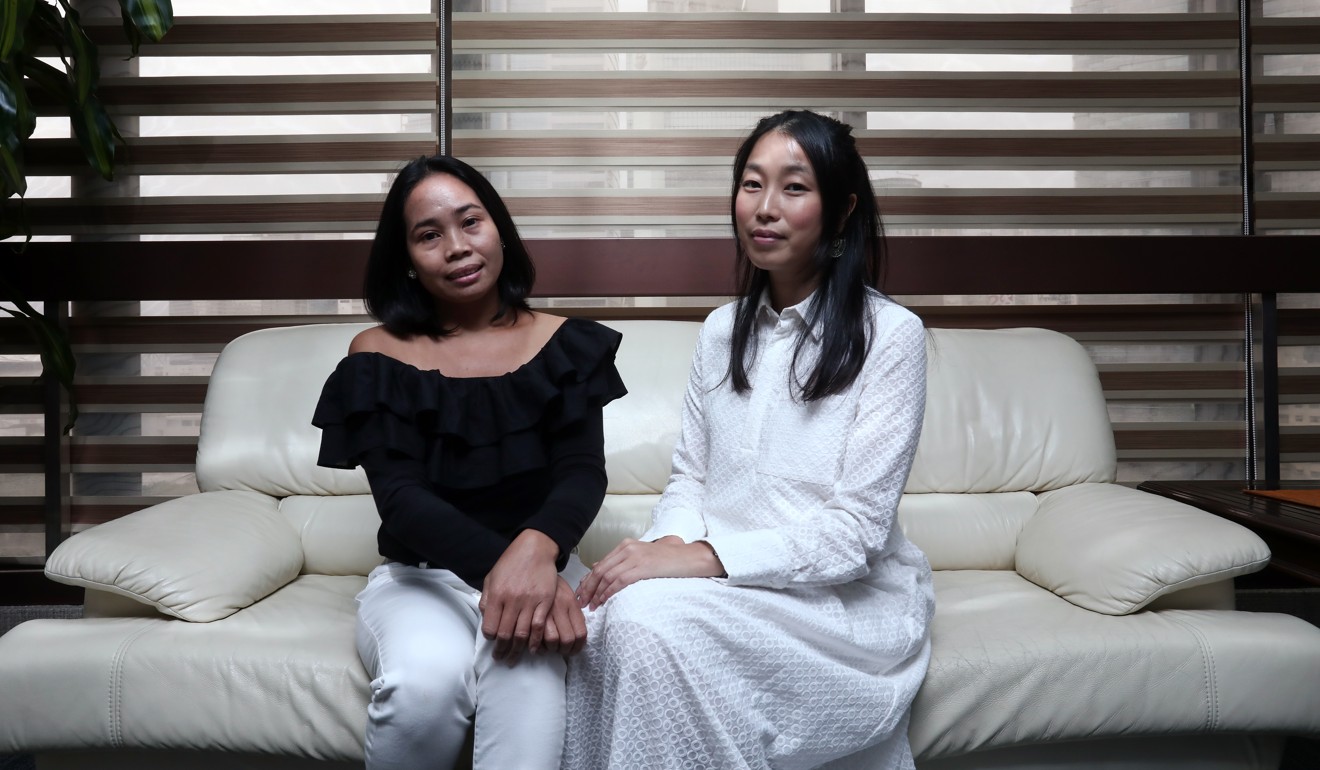
Like most helpers struggling to adapt to a new environment and culture, she had no way back, as she had borrowed HK$130,000 (US$16,500) to pay her agency – a fixed fee that many helpers have to provide, even though it’s illegal. Worse still, despite all she was going through, she had no one with whom she could share her troubles.
“I told myself, I am not going to leave Hong Kong without showing you that I have succeeded. So even when I’m having a hard time, I cannot tell [my family back home],” says Gervacio, who pauses momentarily to collect herself as she recounts the experience.
Hong Kong must stop clinging to the fiction of racial superiority and treat foreign domestic helpers with respect
Similarly, when Wong spoke to domestic helpers for research, to make sure the script was based on reality, all of them teared up when they recounted their own stories. It’s a situation that the Philippine Consul General in Hong Kong, Antonio A. Morales, feels more people should care about.
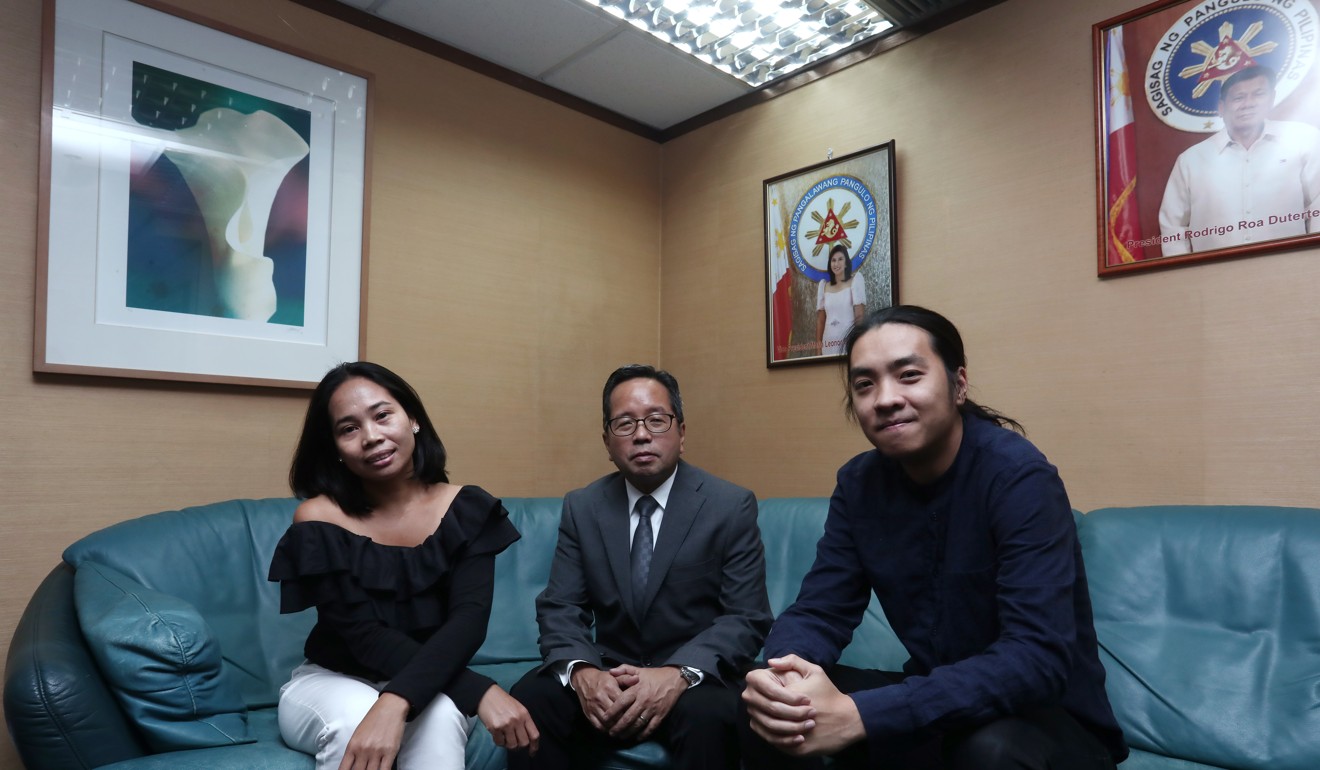
When we met Minpa, suddenly everything was solved. She made the character a lot more layered
The idea for the film first came to Wong after he visited old people’s homes to observe elderly Alzheimer’s disease sufferers for another project. He noted how domestic helpers often are not just their primary carers, but also the people closest to them, even more so than their children and other family members.
The resulting film is less a drama than a realistic portrayal of the daily struggles Hongkongers face under an inadequate elderly-care system, and the personal sacrifice made by domestic helpers employed to fill the gap.
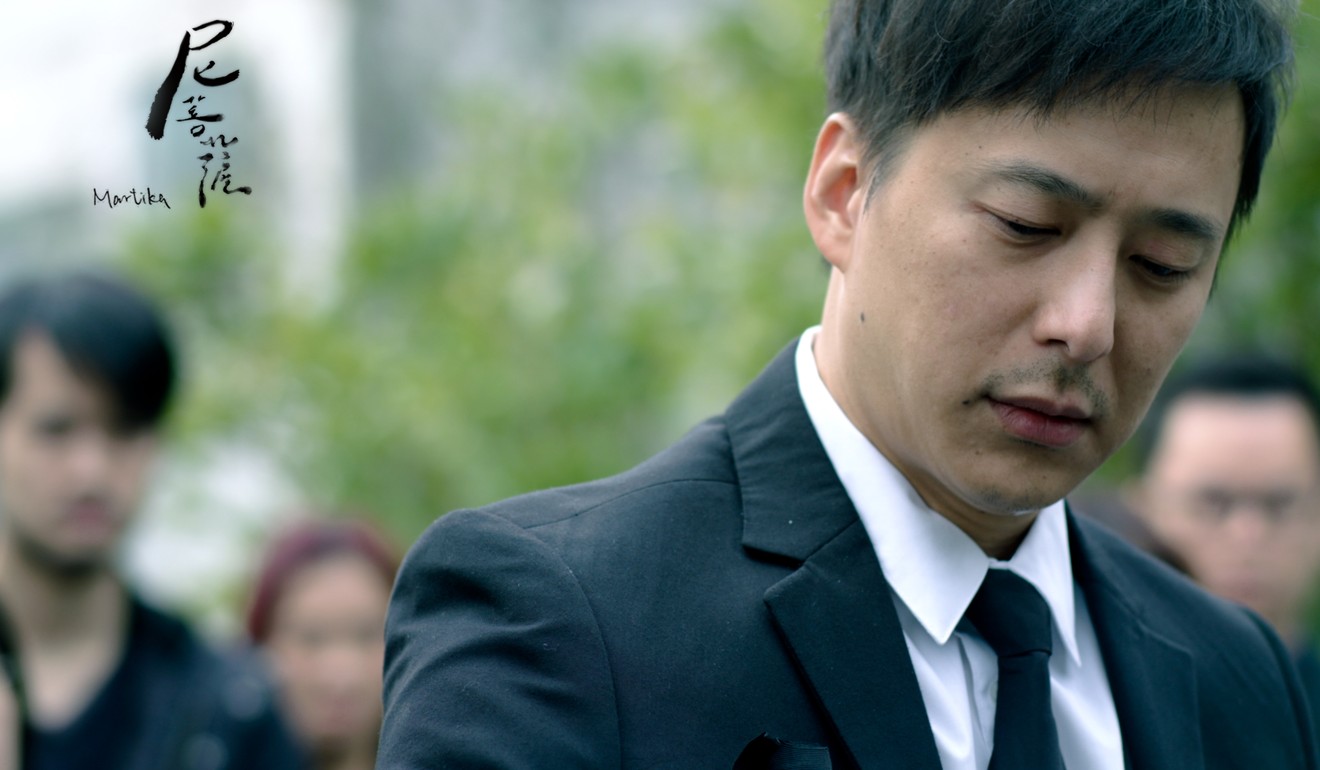
Just like the open ending of Martika, most problems in life often go unsolved, but Wong is most curious about the impact they leave on each other’s lives.
Hong Kong domestic helper’s upcycled fashion collection combines empowerment and empathy
And his message has not gone unheard. The episode, available on Facebook, was shared widely among the Filipino community both in Hong Kong and in their own country. It was reported by media as far afield as the Middle East, much to Gervacio’s surprise.
Fortunately for her, all that is now in the past. Her current employer, Sanders Ho Man-yan, who accompanied her to this interview, supported her acting project and allowed her to take days off to shoot the film.
Gervacio hopes this can show others that employers and their domestic helpers can have “a harmonious relationship”.
Want more articles like this? Follow SCMP Film on Facebook

